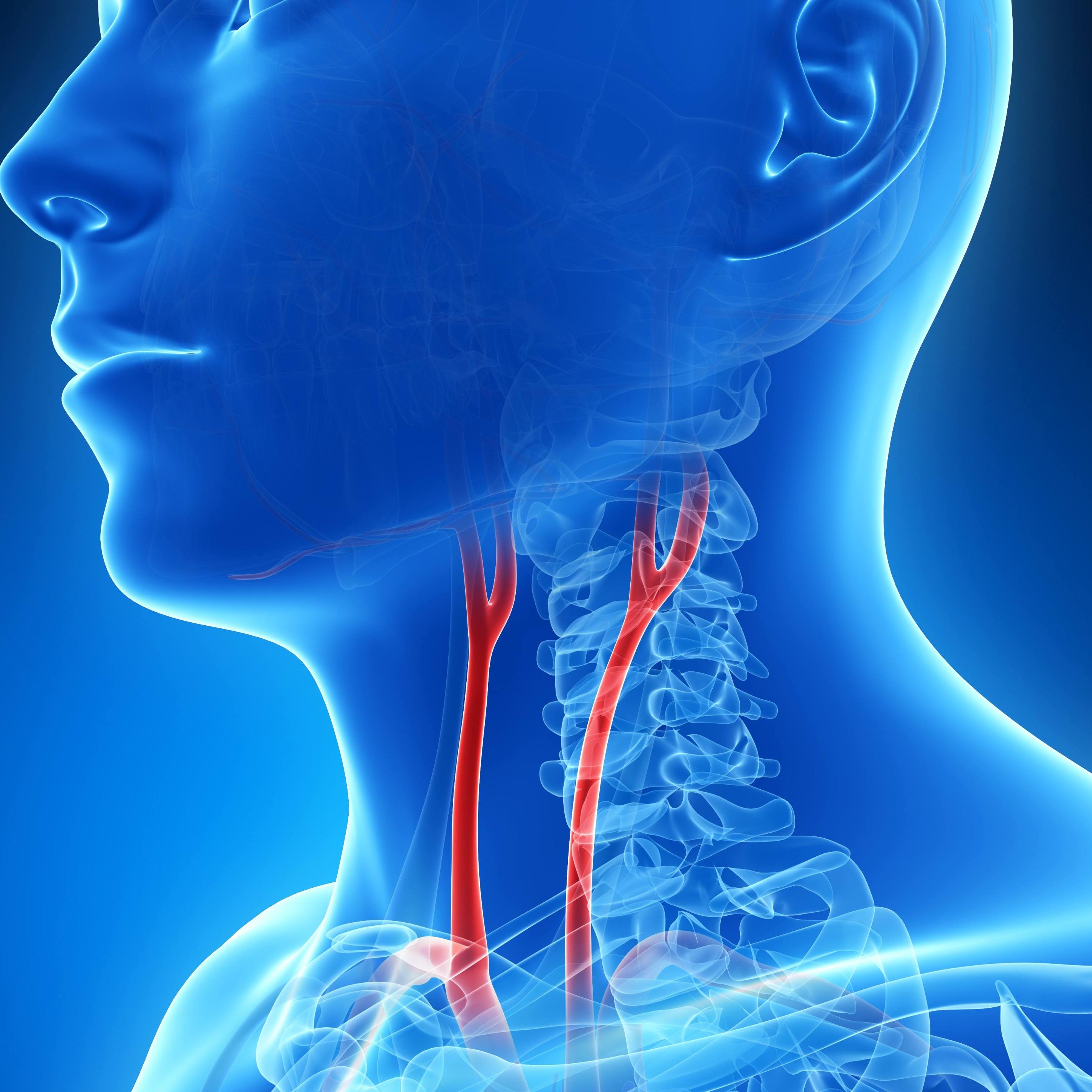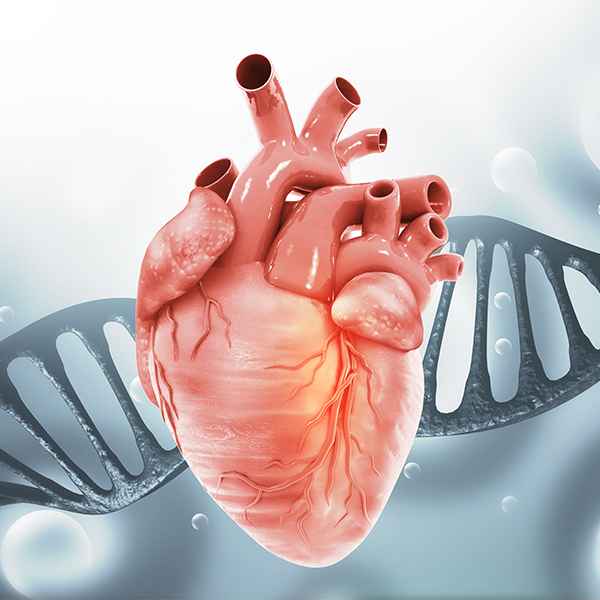-
Rise in kidney cancer spurs Mayo researcher’s urgency to improve patient outcomes

As a trainee oncologist, Thai Ho, M.D., Ph.D., was struck by the number of people he saw at a veterans' hospital with kidney cancer. "It's one of the cancers that disproportionately affects military personnel, possibly due to environmental exposures," he says.
The results can be devastating. "On average, patients with kidney cancer lose 12 years of life," Dr. Ho says. "Because most people serve in the military at a younger age, they develop cancer at a younger age—and that directly affects their families."
Dr. Ho's experience led him to pursue a career as a physician-scientist at Mayo Clinic’s Phoenix campus. Dr. Ho works with the Mayo Clinic Center for Individualized Medicine with a focus on epigenomics research. Epigenomics is the study of how factors such as environment and lifestyle influence how genes are expressed. Dr. Ho is leading efforts to translate epigenomic studies into improved care for all people with kidney cancer.

"As a Mayo Clinic oncologist, I can impact the patients I personally treat. But I also really want to change the lives of patients with kidney cancer whom I will never see, in the years when I am no longer practicing medicine," he says.
Kidney cancer is the seventh most common malignancy in the United States. The incidence of the disease—particularly of small kidney tumors—is rising, partly due to better detection. But there are no screening tests, and despite strict adherence to national surveillance guidelines, after surgical removal of a kidney cancer, one-third of kidney cancer recurrences are missed. The mortality rate from kidney cancer hasn't changed much in 20 years.
"Once patients develop metastatic disease, they often succumb to their disease within three years," Dr. Ho says. "Even patients with what we consider small tumors can unexpectedly die of kidney cancer. That is counterintuitive to what you would expect from a small tumor."
"Already we have found epigenomic changes that can modify the risk of disease recurrence five-fold, particularly in smaller tumors." - Dr. Thai Ho
There's an urgent need to identify individuals at high risk for kidney cancer recurrence, despite having a small tumor. Dr. Ho and his colleagues are looking for answers in recurrent biochemical or "epigenomic" changes in the DNA environment—which can alter how the molecular blueprints of a cell are interpreted.
"Our current predictive algorithms are all based on the size of the tumor. Mapping the epigenomic changes that drive tumor progression can help us develop a test to identify patients who, despite having a small tumor, may ultimately die of their disease," Dr. Ho says. "Already we have found epigenomic changes that can modify the risk of disease recurrence five-fold, particularly in smaller tumors."
To validate suspected molecular signatures of high-risk kidney tumors, the researchers analyze tissue samples from the Mayo Clinic Biobank. "The biobank has more than 20 years of follow-up information on patients with kidney cancer. We are only looking at small kidney tumors," Dr. Ho says.
Additional work focuses on finding medications that can target specific epigenomic changes. "Biochemical changes occur in upwards of 50% of kidney cancer. But we lack an understanding of how drugs would target these changes," Dr. Ho says.
Some of these therapeutic efforts aim to repurpose medications already approved to treat other cancers. "In certain types of kidney cancer, we are testing epigenetic agents already approved to treat leukemia," Dr. Ho says. Repurposed medications can bypass part of the lengthy regulatory process required for entirely new medications.
"We need to improve our understanding at the molecular level of the functions of epigenomic modifications. At the translational level, we need to pursue treatments that target metastases," Dr. Ho says. "Twelve years of lost life—this is an area of great need."
Related Articles







